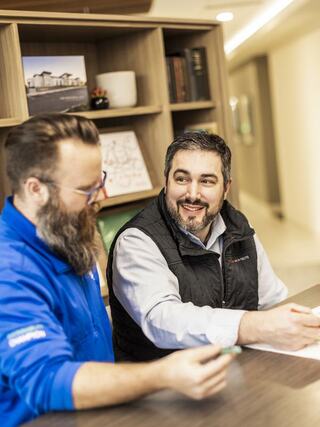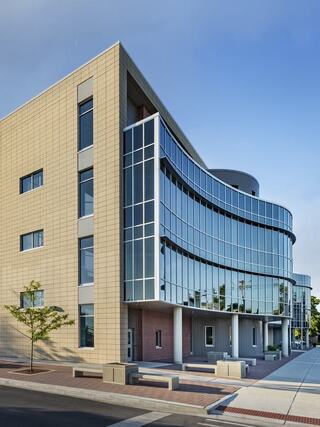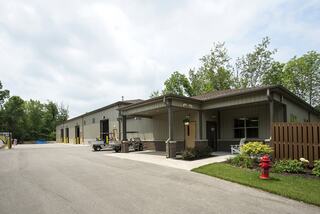
Projects
Building community spaces for learning, protecting and connecting.

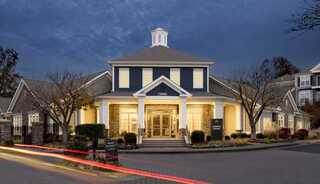
Acadia by Cortland
Multifamily/Mixed-Use
.jpg)
Addison Consolidated Dispatch Center
Public Safety

Aldi National IT Office
Corporate
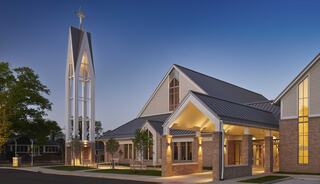
Alexandria Presbyterian Church
Faith-Based
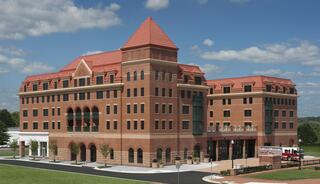
Alexandria Station at Potomac Yard
Public Safety

Alpha Kappa Alpha Sorority Corporate Headquarters
Corporate
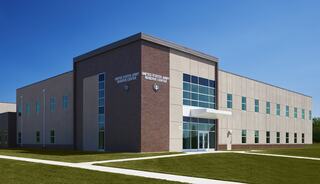
Arlington Heights Army Reserve Center
Federal
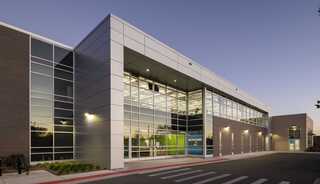
Arlington Ridge Recreation Center
Recreation
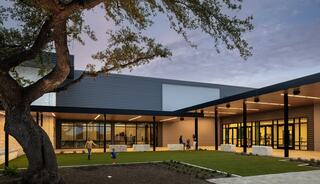
Austin Stone Church South Campus
Faith-Based
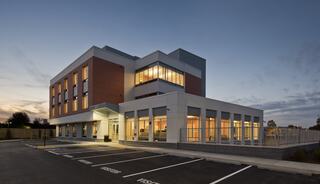
Bailey's Shelter and Supportive Housing
Civic + Municipal
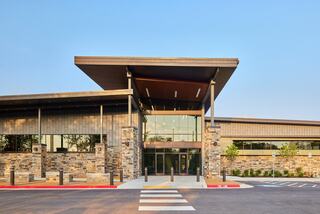
Bella Vista Public Safety Facility
Public Safety
Ready to get your project off the ground? We’re here to help.
Reach Out
